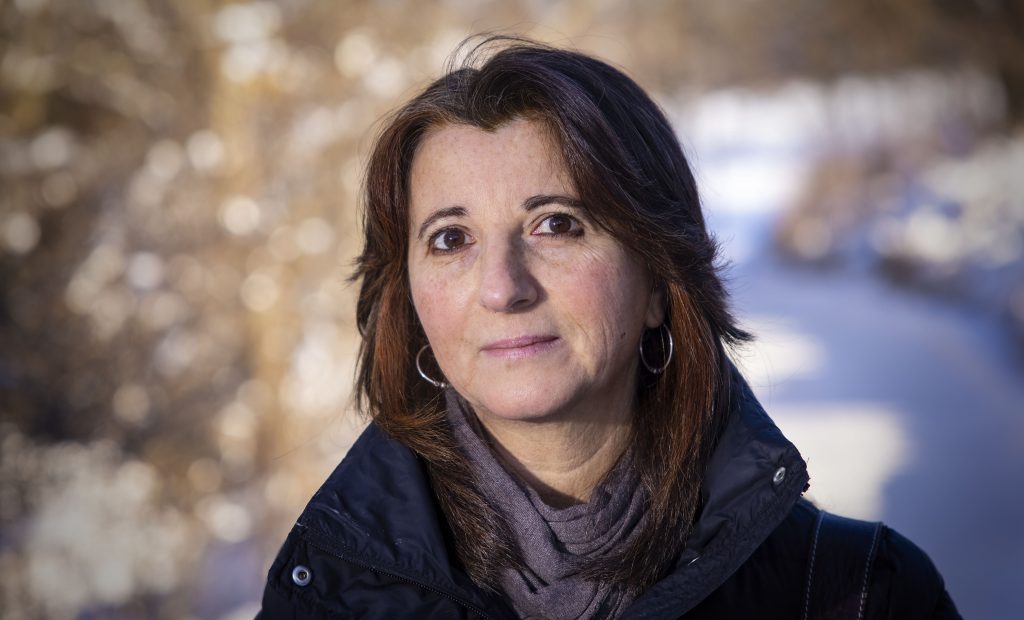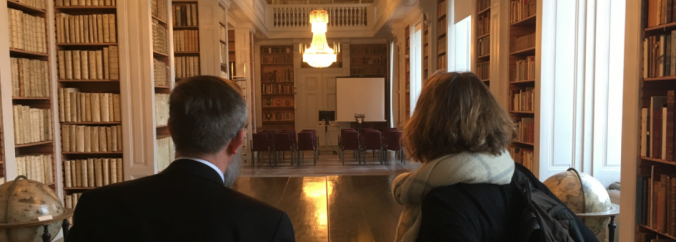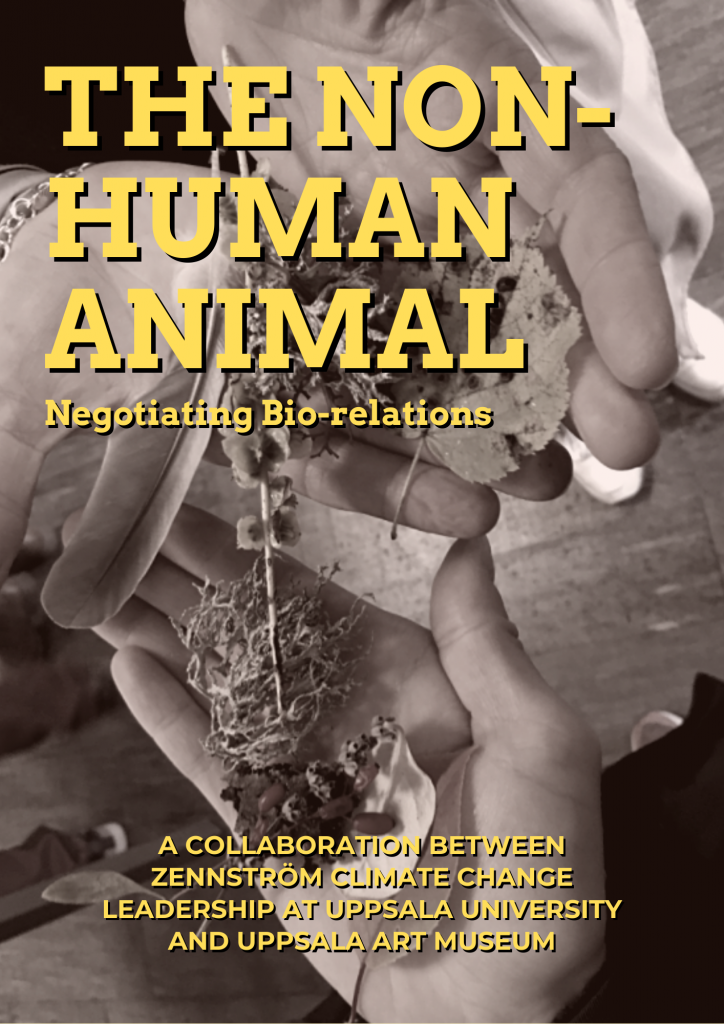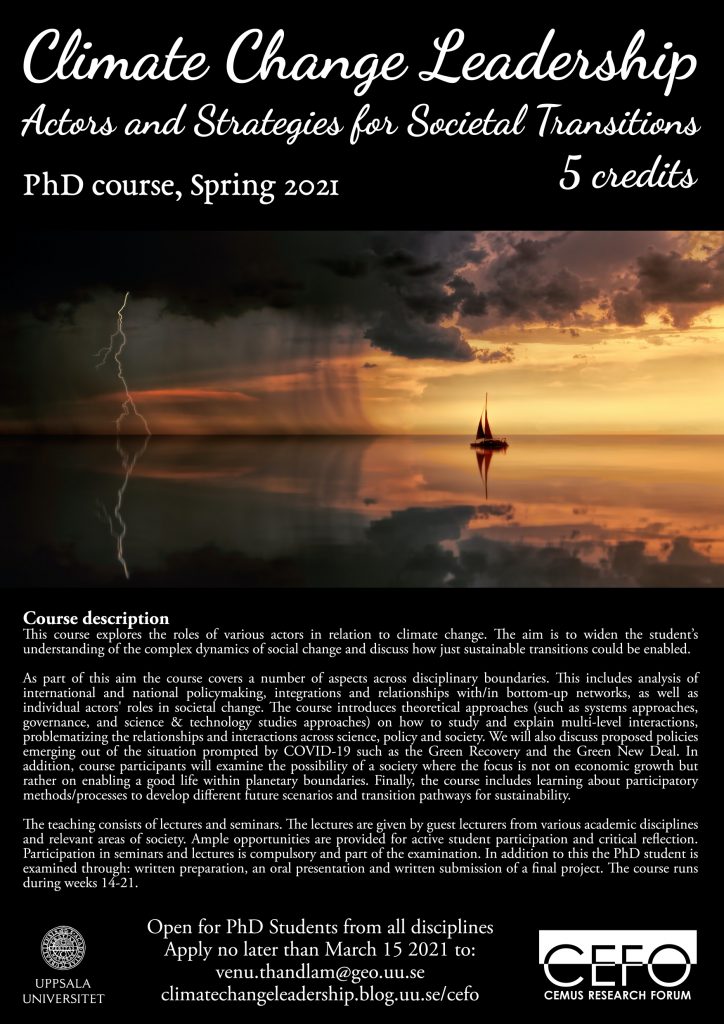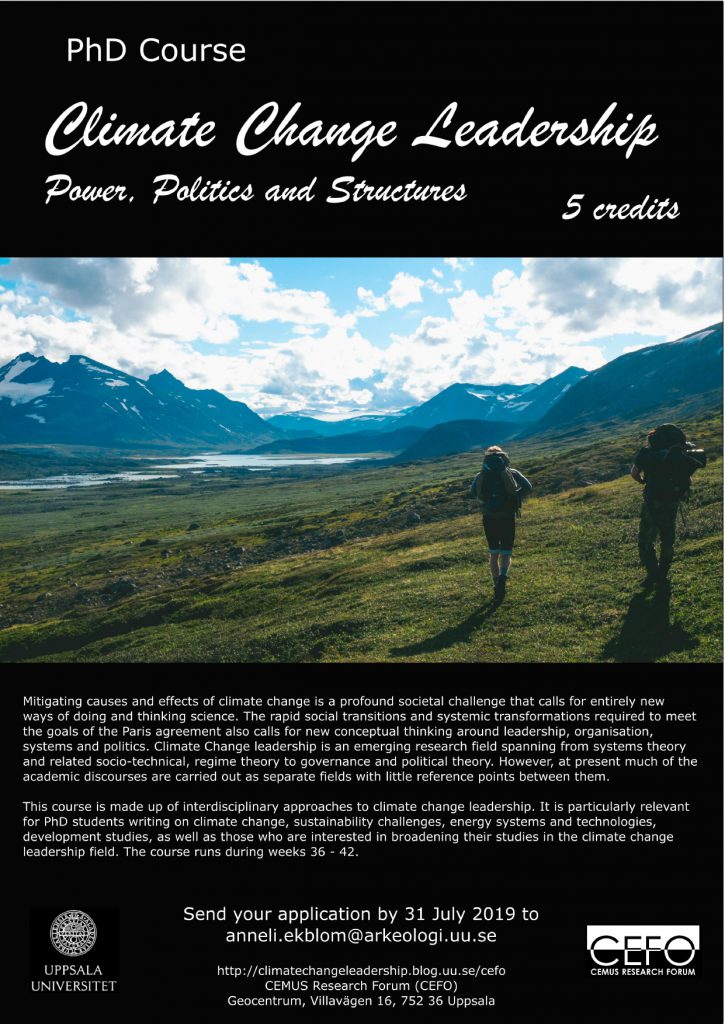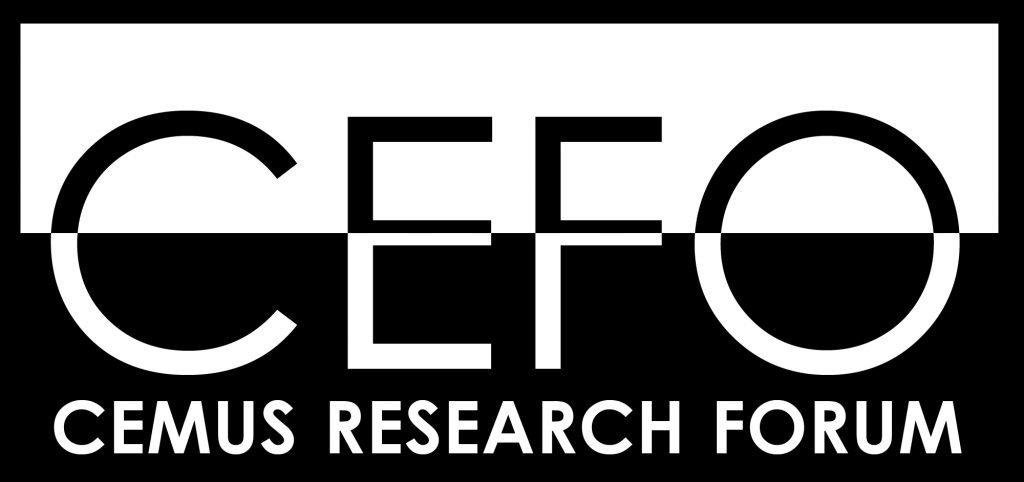This is a part of a travelling conversation
I come from a place of thinking about sustainability and climate change in higher education (HE) and how education can support and enable learners to participate in a world characterised by complex sustainability challenges. Thus, my questioning leads me to the main question of how can universities be places that actively respond to these challenges? This piece is therefore situated around my thinking of Western higher education institutions and their academic cultures.
Care of earth, care of people, return of the surplus – Principles of Permaculture Ethics
My recent thinking around HE has been coloured by my interest in permaculture – permanent agriculture where social and economic, not just ecological, patterns are included in the equation – and in permaculture design principles. Could the principles and ethos behind them help to reimagine academic cultures? At first glance, these principles seem to offer generative ways to think upon what practices could be sustainable in HE academic culture. Permaculture design takes to heart that engaging in and with a complex world is inherently unpredictable. Uncertainty is a basic characteristic of life on our planet. As such, it seems like following a specific recipe or just choosing the right ingredients probably won’t get us so far. Instead, we have to pay attention how things are connected.
At the heart of permaculture design is the idea that ‘when we design to meet our needs, we should do so in a way that supports the ecosystem as a whole’. Long-term sustainability thus comes about by building and maintaining beneficial relationships which one must consciously design depending on our context. And we are all designers. So, as a designer in an unpredictable world, what is the first thing we do?
Slow down. Notice the landscape in which you are interacting. Observe. What are the patterns in space where different systems or media meet and where cooperative relationships are forged and resources exchanged? Use your edge. What are the patterns in time? What other forms of time besides linear time do we notice? Share the abundance. In what ways does sharing surplus help us to rethink our relationships ‘in times that are deeply antiecological, and in many ways anticollective’*? Use your energy where you can affect most change. Where can I contribute most?
At its core, these design practices are underpinned by an ethos of care. This is not a mere application of theory into practice. Care is doing. Care is everything that is done, not just something that we do. A permaculture care ethics means that ‘we are in relations of mutual care’**. As speculative ethicist Maria Puig de la Bellacasa puts it, rather than aiming for a moral disposition this is a vision for the everyday mundane doings of ‘maintenance and repair’ that sustain life.
How then is permaculture generative for thinking about academic culture? In an academic world overrun by the logic of productionism and its respective linear temporality, a permaculture care ethos entails ‘making time’ to get involved in a diversity of timelines (remember we have slow down and observe?). This disrupts the restless and efficient anthropocentric temporalities of technology, allowing ‘unproductive’ and slow experiences that have been marginalized by this dominant futuristic drive to be seen***. A sustainable [academic] culture notices diverse temporalities, the ones involved in relations of mutual care. What academia is thought to be affects the ways in which it is cared for, and vice versa, modes of care have effects in what academia becomes (altered from p.170). If we start to observe, slow down, use our edge, what would that mean for how we teach,
6 how we research, how we engage with communities, how we engage with each other?
There is something in these principles that points strongly to a culture that is regenerative, leaving something better than you find it, supporting the emergence of cultures that care. Modes of care have effects in what academia becomes, and thus acknowledging the relationships of care in which we find ourselves can start to generate caring participation, or regenerative collective caring, in the world of academia.
Sanna Barrineau, written March 2020, published here March 2021
A response to this was published on Tuesday the 16th of March:
Week 11: Slow down and care, Sachiko Ishihara
*Puig de la Bellacasa 2017, p.165
**Puig de la Bellacasa 2017, p.161
***Puig de la Bellacasa 2017, p.177

